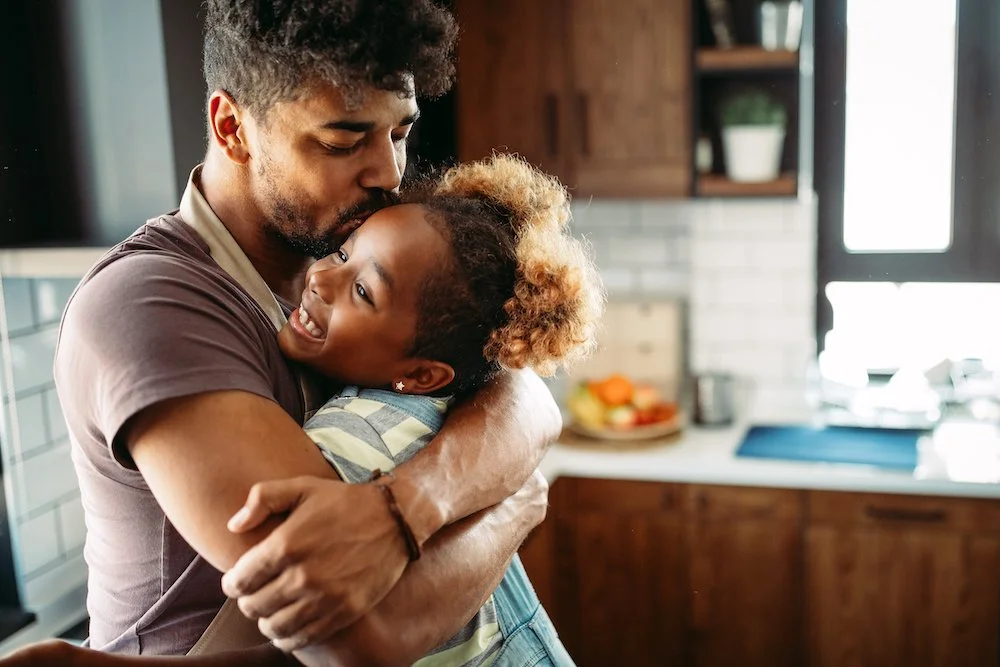What If There’s Nothing to Fix? Gratitude as a Radical Parenting Practice
Here’s a reframe to experiment with as you think about your Complicated Kid:
There’s nothing to fix. There’s nothing to shape. There’s nothing to fear. There’s nothing wrong here at all.
Still with me? Let’s go further.
What if the child in front of you, with all their quirks, needs, high-volume, high-intensity, high-sensitivity ways of moving through the world was already completely whole? And what if the world actually NEEDS them to be the way they are?
Not “once we get them regulated.”
Not “after therapy helps them catch up.”
Not “if they stop melting down at school.”
Not “when they make a friend.”
Just. Now. The way they are.
What if the only thing you had to do as a parent was to be grateful for your child as they are right now?
Not for who they might become. Not for how they reflect on you. Not for the way they respond to your parenting strategies.
Just how and who they are today.
What would that shift in perspective change for you?
Let’s be real: this attitude might seem WAY out there. Certainly, it’s not what most of us were taught growing up. We were raised to “fix” what’s broken, mold ourselves into acceptable shapes, and hide the “unpleasant” parts for public consumption. So when your child smacks somebody at the birthday party, or won’t wear pants, or still needs a fidget to get through dinner, it’s natural to want to correct or “improve” them. Our elders did that to us: seems only reasonable that we continue the pattern.
But what if that path forward isn’t correction or improvement, but just appreciation?
What if, instead of viewing your child’s behavior as a problem to solve, you saw it as information? What if, instead of trying to change their wiring, you gave thanks for the unique way their brain and body work together in the world?
Here are some things that might happen:
You would lose your sense of control.
(Spoiler alert: that was always an illusion.)
You would grieve the fantasy version of your child who doesn’t actually exist.
(And probably also the fantasy version of yourself. Yikes.)
You would let go of the belief that your worth as a parent is tied to your child’s performance.
(So hard, but so worth it.)
Here are some other things that might happen:
You’d gain space to breathe.
You’d find more ease in your parenting.
You’d have more energy for connection and less for correction.
You’d get to see and experience your child’s actual life instead of constantly managing it.
You’d start to see the world through your child’s eyes (and you might learn something).
I’m not saying we don’t support skills. Of course we do. We create safe containers. We put services in place. We set boundaries and build scaffolding. We help kids learn skills and become their fullest selves.
But we don’t do it because we think they’re broken.
We do it because we believe that they are already whole and because we’re grateful they exist.
Imagine sitting next to your child after a hard day and thinking, “I’m so glad you’re here.”
Not “I’m proud of you for how well you behaved.”
Not “I hope tomorrow is easier.”
Just: “I’m glad you’re here.”
What might that change for you?
If you’re not sure how to get there, you’re not alone. It’s hard to unlearn decades of cultural messaging that tells us parenting is about correction and perfection. But it’s possible. And if you’d like some support along the way, let’s talk.
